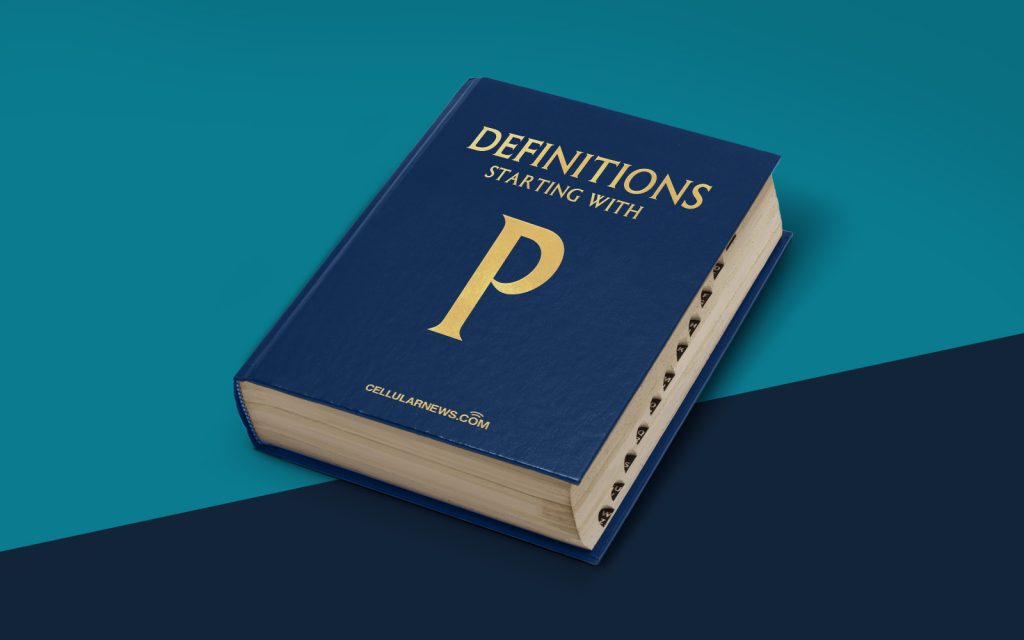
Unlocking the Mystery: Personal Identity Verification Card (PIV Card)
Have you ever wondered what those fancy cards with a person’s photo and a chip in them are? You may have come across the term “Personal Identity Verification Card” or PIV Card. In this article, we’ll dive into the world of PIV cards, what they are, and why they are important. So, let’s get started!
Key Takeaways:
- A Personal Identity Verification Card (PIV Card) is a smart card that is used for identification and access control purposes.
- PIV cards are issued by government agencies to employees and contractors as a secure form of identification.
Defining the PIV Card:
A Personal Identity Verification Card, commonly known as a PIV Card, is a highly secure smart card that serves two primary functions: identification and access control. It is a small, portable device that contains a integrated microprocessor and memory chip, enabing it to store and process data securely. The PIV card is commonly issued by government agencies, such as the United States federal government, to their employees and contractors. It plays a crucial role in securing access to sensitive information and facilities.
What Does a PIV Card Contain?
A PIV card contains a range of information that is used for identification and authentication purposes. The card typically includes the person’s photograph, name, employee identification number, and a unique digital certificate. These components are securely stored within the card’s memory chip, making it difficult to counterfeit or tamper with.
Additionally, the PIV card also stores a person’s biometric information, such as fingerprint templates. This allows for an extra layer of security, as the cardholder’s fingerprint can be compared against the stored template to verify identity.
Why are PIV Cards Important?
PIV cards play a critical role in ensuring the security and integrity of government agencies and organizations that deal with sensitive information. These cards enable strict access control policies by requiring individuals to authenticate themselves using their PIV card before accessing certain facilities or systems. By implementing PIV cards, organizations can significantly reduce the risk of unauthorized access and potential data breaches.
Furthermore, PIV cards are also crucial in confirming the identity of individuals in various government-related transactions, such as signing electronic documents or accessing secure networks remotely. This enhances security and prevents fraudulent activities.
The Future of PIV Cards:
As technology continues to advance, the future of PIV cards may see enhancements and additional features. For example, some experts believe that biometric authentication methods, such as facial recognition or iris scanning, could be integrated into the PIV card to further enhance security. This would eliminate the need for physical contact, making the authentication process faster and more convenient.
In conclusion, a Personal Identity Verification Card (PIV Card) is a highly secure smart card used for identification and access control purposes. With their extensive data storage capabilities and strict authentication measures, PIV cards are an essential tool in ensuring the security of government agencies and organizations dealing with sensitive information. So the next time you come across a PIV card, you’ll know exactly what it is and why it is so important!
